Achieving Net Zero Goals Across Multiple Industries Through Diversity of Data and Personnel
Climate scientists and industry experts agree – organisations must do more in terms of sustainability to preserve our planet for future generations. The success of these efforts hinges largely on the diversity of data and personnel driving innovation across various industries.
From aviation’s ambitious Jet Zero project to advancements in defence operations, the integration of varied perspectives and data sources plays a major role.
We explore how diverse teams and comprehensive data sets propel industries towards more sustainable practises; featuring insights from industry expert Louise Donaghey, Services Programmes Director at Rolls-Royce.
The Premise of “Net Zero” Initiatives
Net Zero efforts aim to balance the amount of greenhouse gases emitted with the amount removed from the atmosphere. Essentially, the baseline goal is for there to be no net increase in emissions.
These initiatives are driven by the urgent need to mitigate climate change, enhance sustainability, and reduce negative environmental impact. Goals may include transitioning to renewable energy sources, improving energy efficiency, and adopting sustainable practices in production or operations.
In workplaces, this looks like the implementation of green policies, reducing waste, and promoting eco-friendly behaviours. By pursuing Net Zero, industries and organisations can contribute to global efforts to combat climate change. This protects ecosystems and ensures a healthier, more sustainable future for everyone on Earth.
The Jet Zero Project
Spearheaded by the UK government, the Jet Zero project is an ambitious initiative seeking to achieve Net Zero carbon emissions in the aviation sector. Key goals include developing zero-emission aircraft, optimising flight operations to reduce fuel consumption, and increasing the use of sustainable aviation fuels.
The project also emphasises collaboration with industry leaders, researchers, and policymakers to accelerate innovation and implementation. With a focus on cutting-edge technologies like electric- and hydrogen-powered aircraft, Jet Zero seeks to make a significant reduction in the aviation industry’s carbon footprint.
This initiative is not only crucial for meeting global climate targets, but also for driving economic growth and maintaining competitiveness in evolving aerospace markets.
Diversity’s Ability to Drive Positive Change
Diverse teams and inclusive environments foster greater innovation and creative problem-solving. When people from various backgrounds and perspectives collaborate, they bring unique ideas and solutions to the table. McKinsey, for example, regularly reports on the impacts of diversity, equity and inclusion (DEI), providing evidence year on year of better financial performance by organisations making DEI a priority.
This variety in thought and experience can enhance decision-making processes. In industries like aviation and defence, incorporating more diverse viewpoints accelerates progress toward sustainability goals.
Furthermore, organisations that prioritise inclusivity are better positioned to attract and retain top talent. This helps reflect a broader range of customer needs and can accelerate growth.
By embracing inclusivity, industries can discover new potential and foster a culture of continuous improvement and innovation.
Leveraging Diverse Data for Innovation
When governing bodies or private-sector organisations integrate data from varied sources, they gain comprehensive insights that drive better-informed decisions. However one of the challenges organisations meet is access and findability of data by those who need it.
Diverse data sets provide a fuller picture of trends, challenges, and opportunities that allow organisations to identify patterns and correlations that might otherwise go unnoticed. This holistic approach enables creativity and helps in developing groundbreaking solutions.
In sectors like aviation and defence, the combination of technical, environmental, and operational data leads to advancements in sustainability and efficiency.
Embracing data diversity allows industries to anticipate changes, adapt swiftly, and maintain a competitive edge in an increasingly volatile landscape – fuelling continuous innovation and growth.
Speaking With Louise Donaghey on The IOTICS Podcast
In an episode of The IOTICS Podcast, we had the privilege of speaking with Louise Donaghey, FRAeS, Services Programmes Director at Rolls-Royce, Defence. She shared her insights on projects like Jet Zero as well as the mission of working to achieve Net Zero in civil and military aviation spaces.
“You have to find a way of introducing sustainable power while still supporting the power that is existing [in aerospace and defence],” Louise says regarding the process of switching to more sustainable fuel sources. But sustainable fuels aren’t the only concern facing the defence and aerospace sectors.
“Intellectual property – data – is where the real power is…” Louise continues. “So how do you create a framework in which you can securely and safely share data that doesn’t impact your competitive position?”
Louise emphasised the importance of balancing innovation with practicality. Introducing sustainable power sources is a complex challenge, requiring careful integration with existing systems.
Our conversation also highlighted the critical role of data in driving these advancements. Establishing secure frameworks for data sharing is essential for fostering collaboration without compromising competitiveness. As industries navigate these challenges, embracing diverse perspectives and leveraging comprehensive data sets is pivotal.
Navigating Data Interoperability
As industries like defence and aerospace pursue their Net Zero goals, the integration of diverse teams and data becomes increasingly vital. The insights from Louise Donaghey underscore the dual challenges of sustainability and data management. Embracing these complexities is the surest way to strengthen innovation and competitiveness.
In 2023, a Gartner Survey revealed 47% of digital workers struggle to find the information needed to perform their jobs effectively.
This is where IOTICS is a game changer. Our innovative technology enables trusted interoperability, empowering organisations to realise the value of the information and insights that already exist within their ecosystems of partners, competitors and suppliers, and that is currently too difficult, complex or challenging for humans or machines to find.
For deeper insights into how diverse data solutions drive these changes, listen to the full episode on The IOTICS Podcast.
Explore opportunities to Partner with IOTICS to harness the power of data interoperability and advance more sustainable practices across various sectors. Together, we can accelerate progress towards a more resilient and environmentally conscious future.
